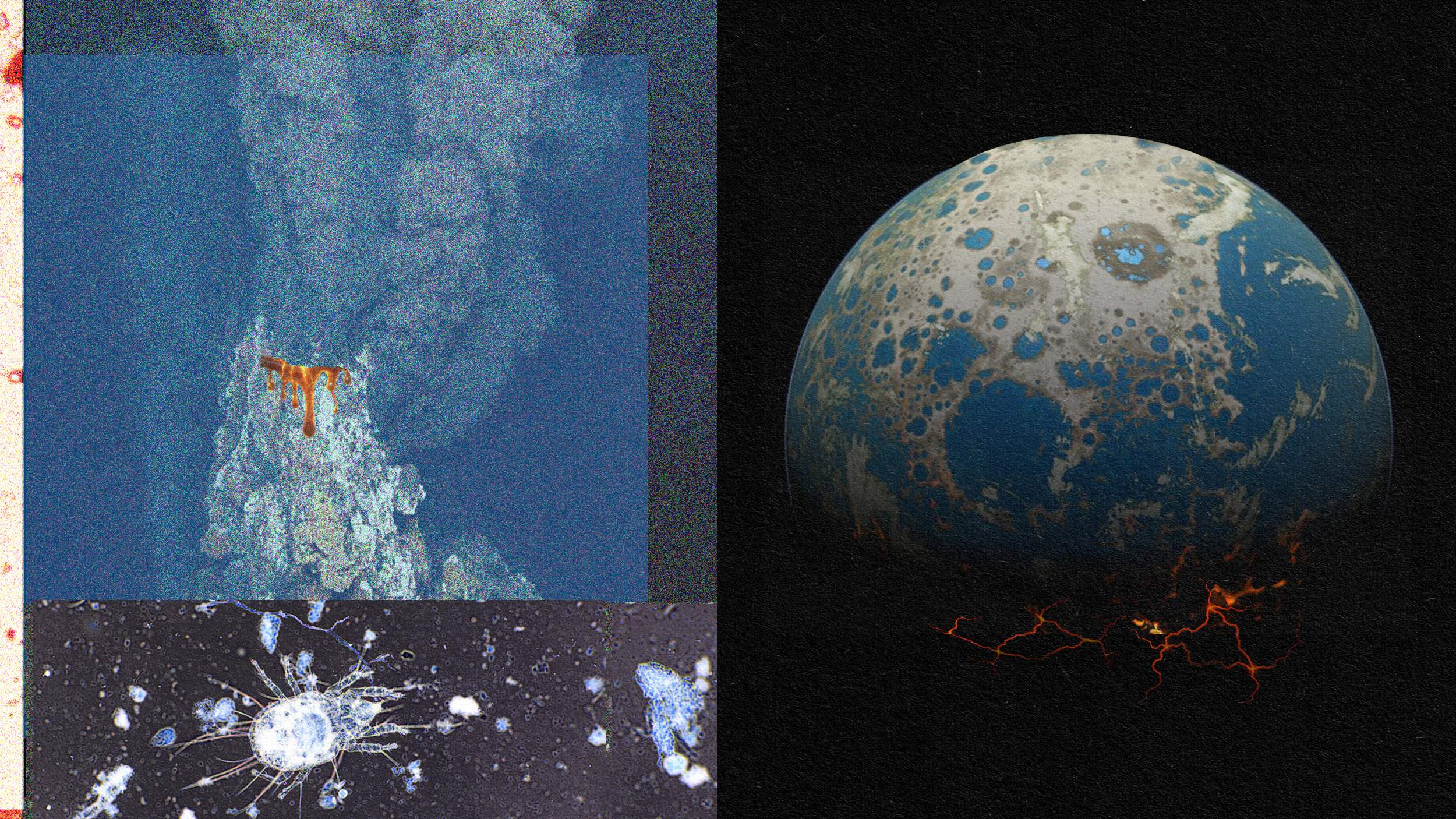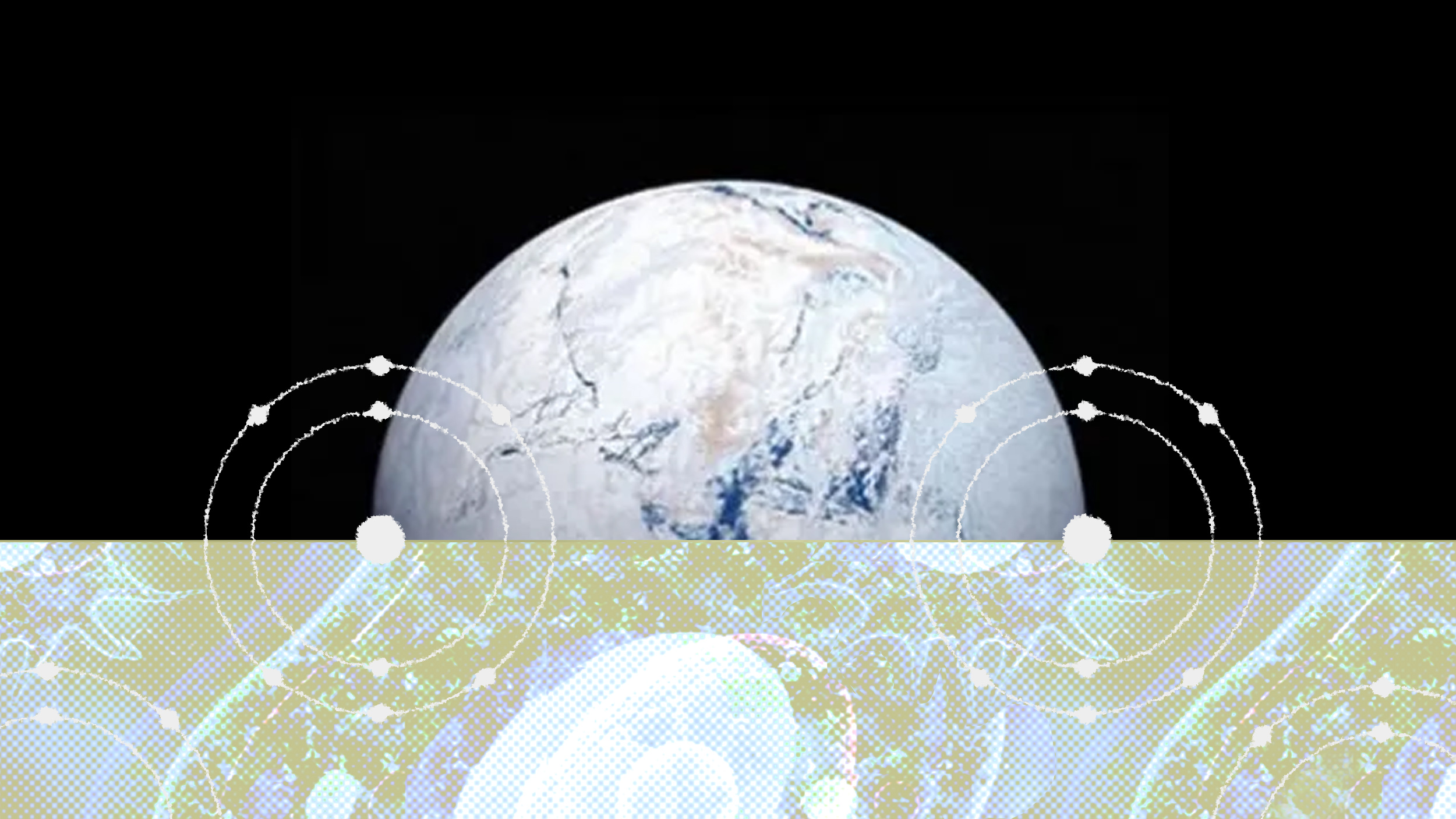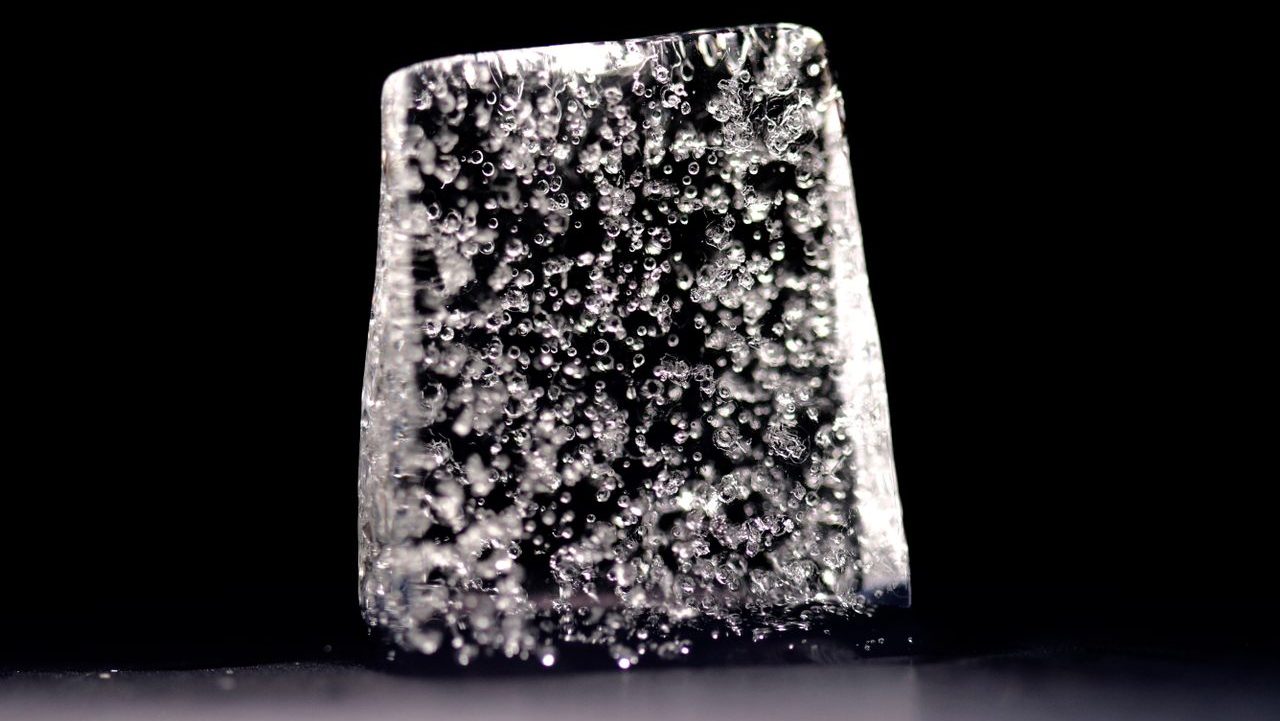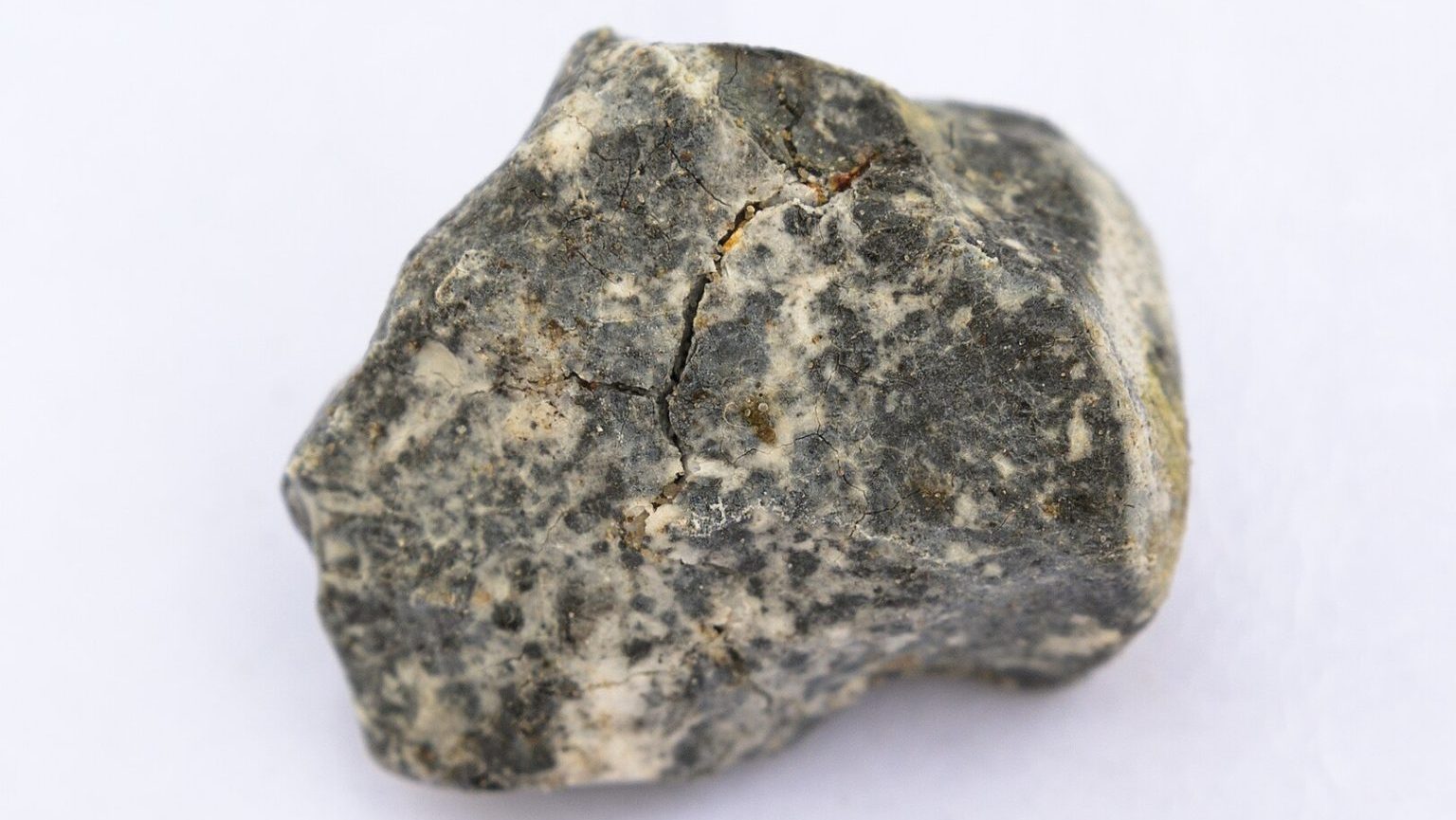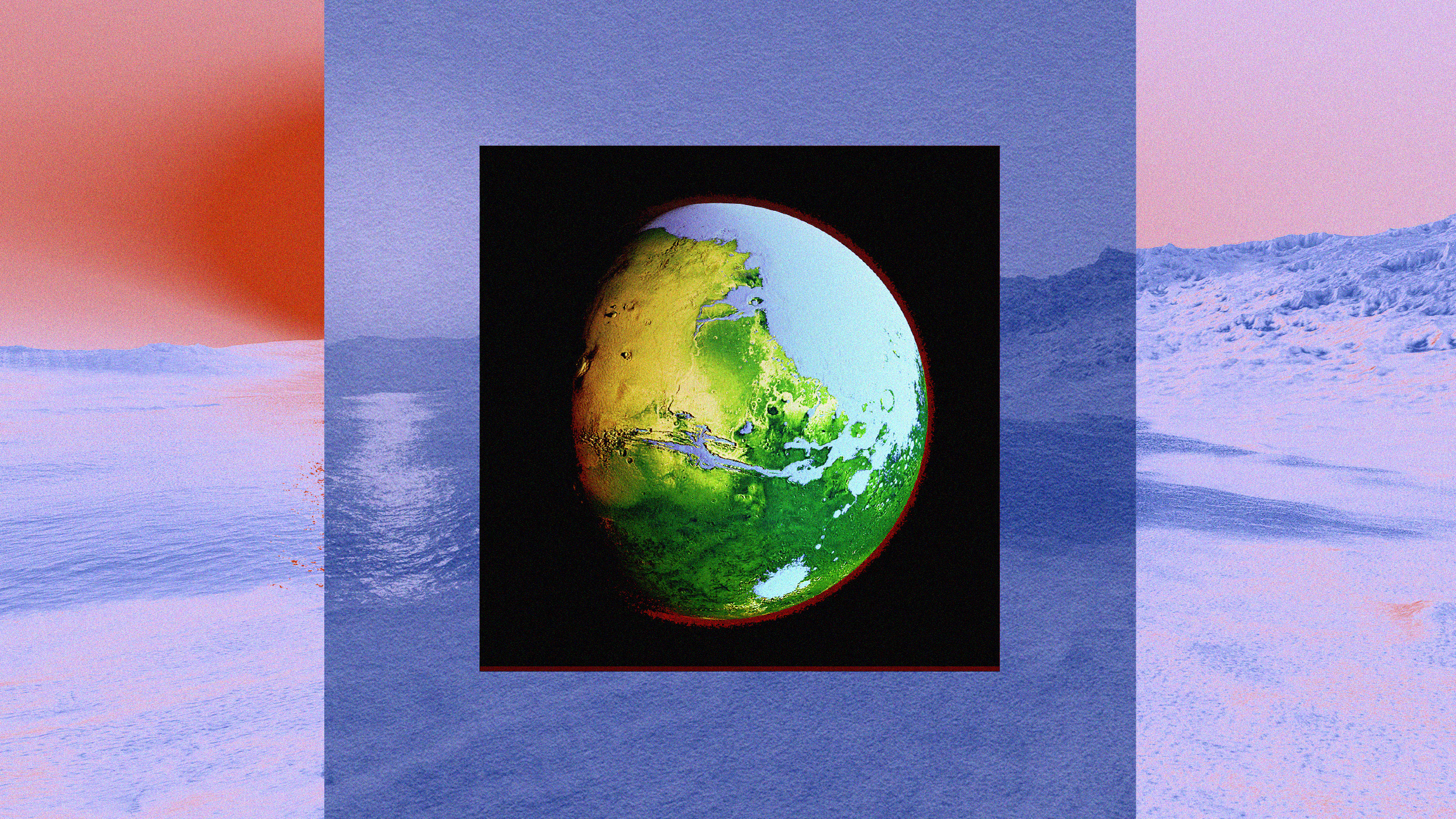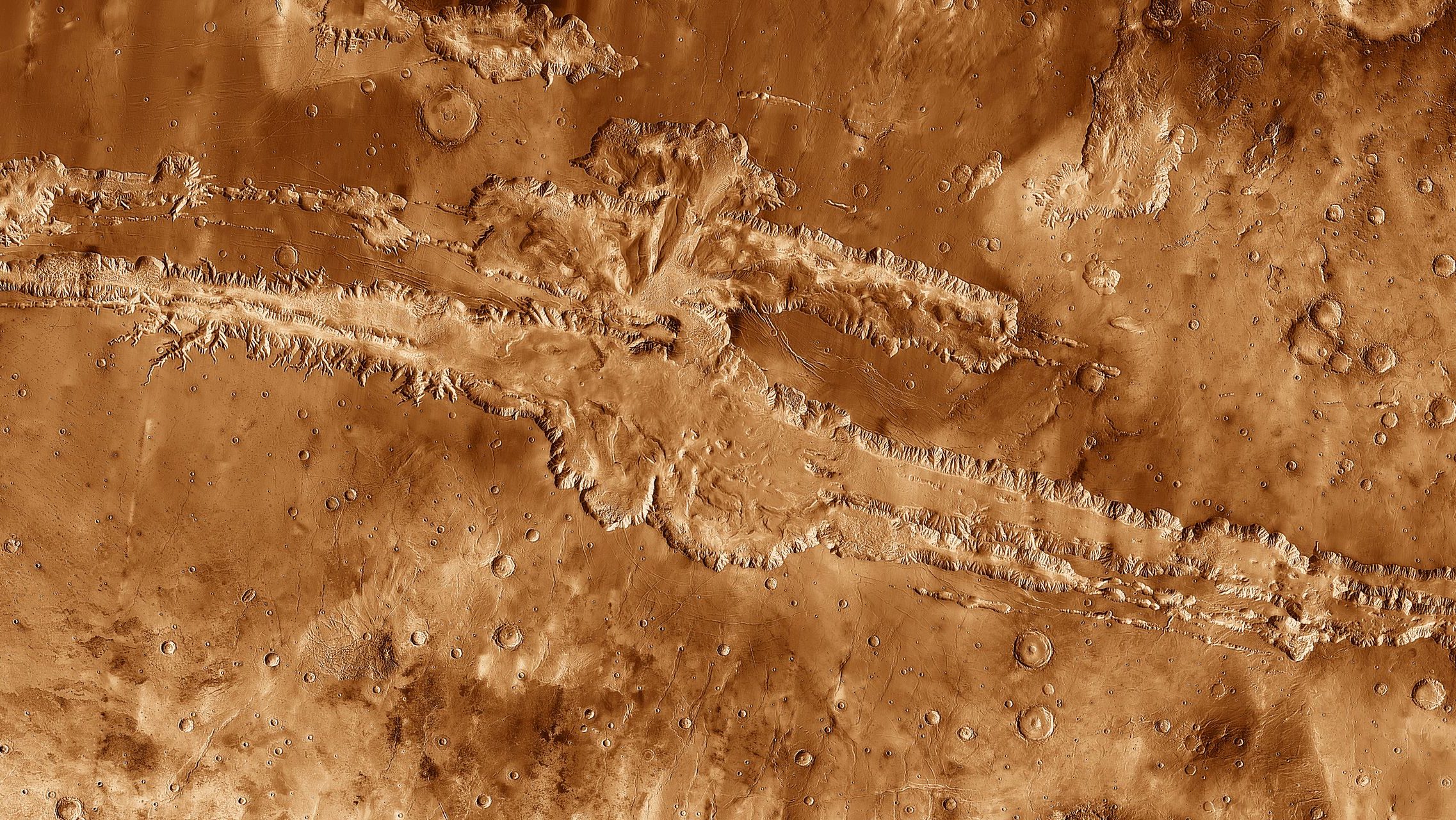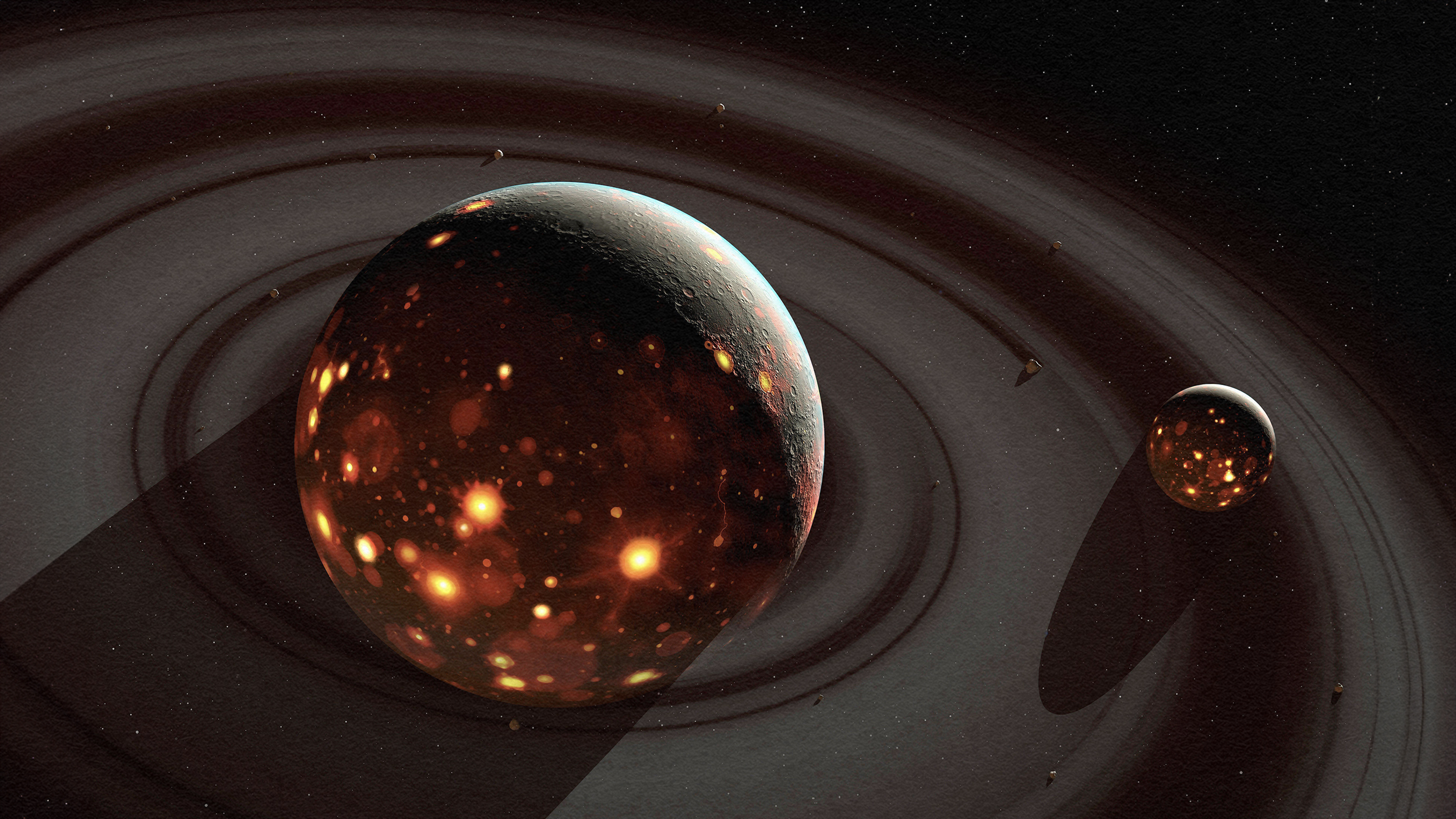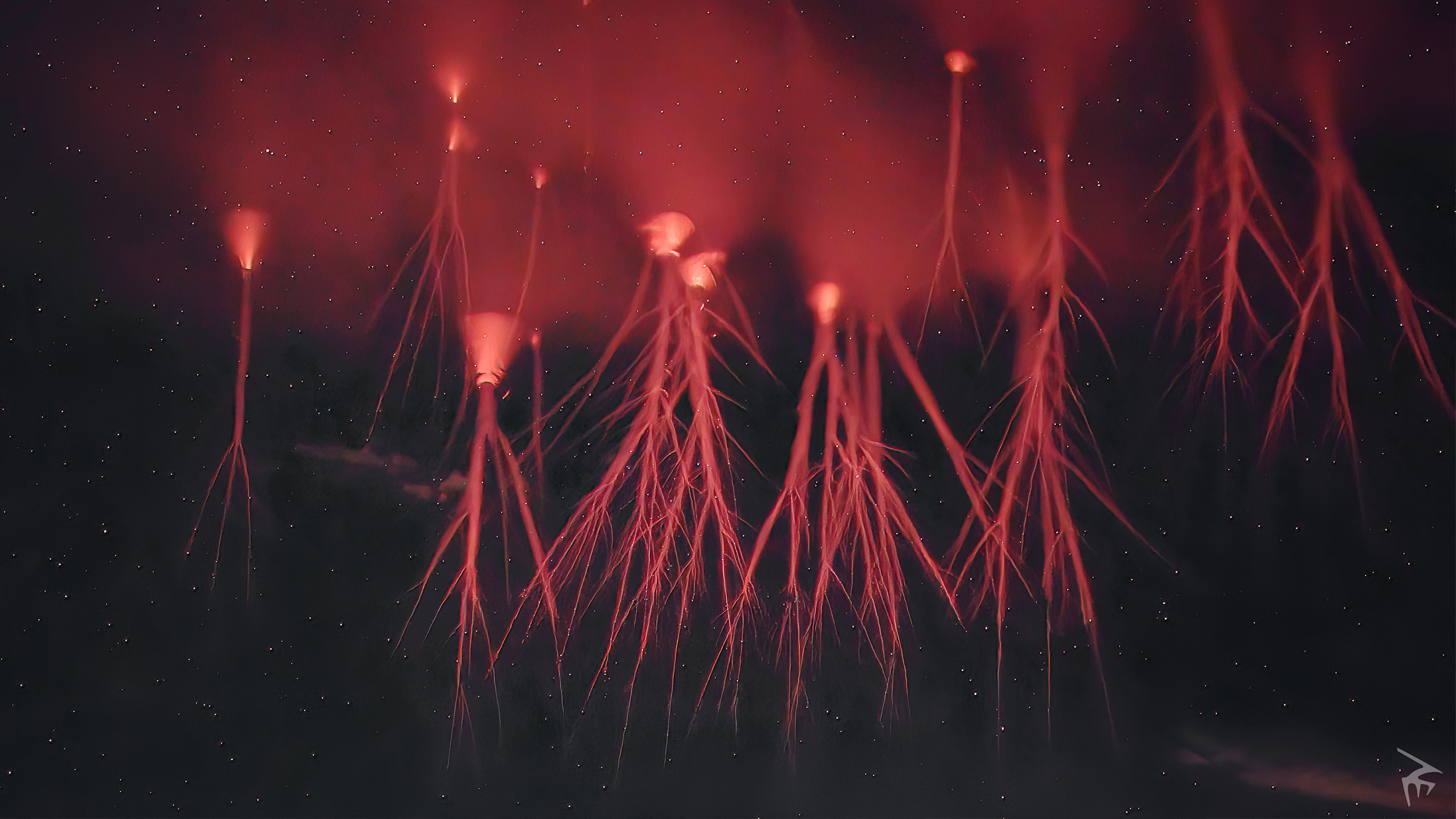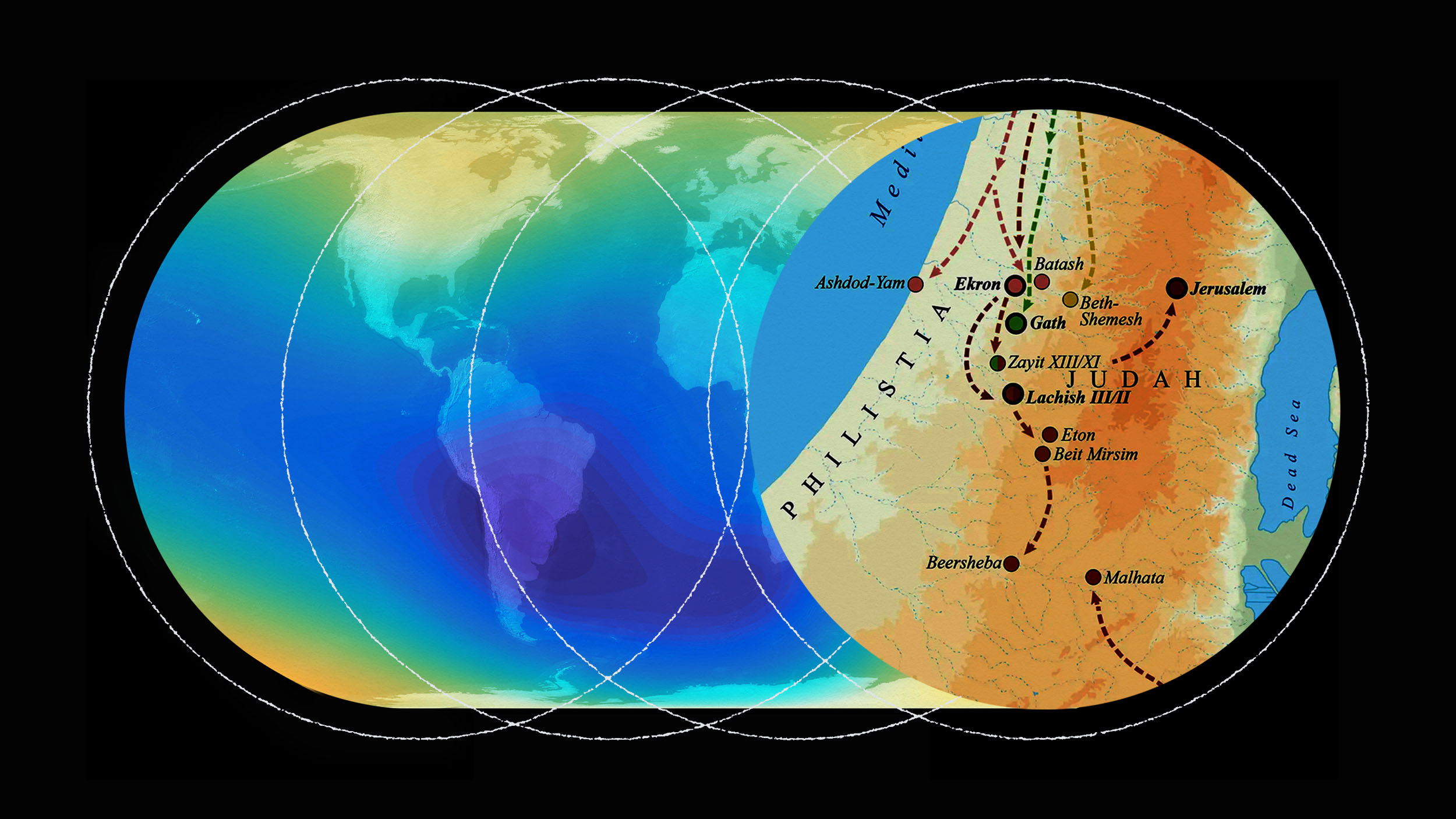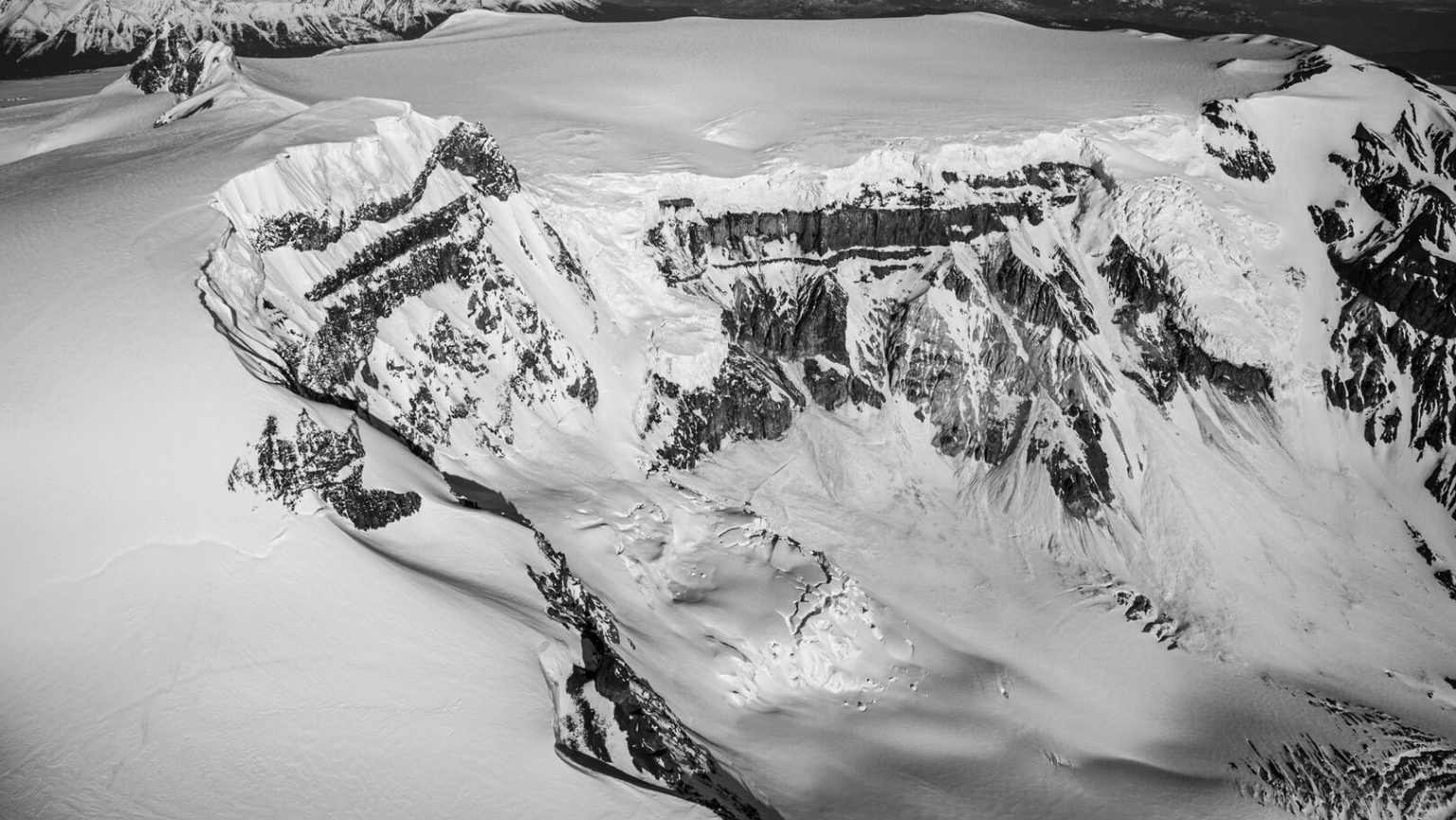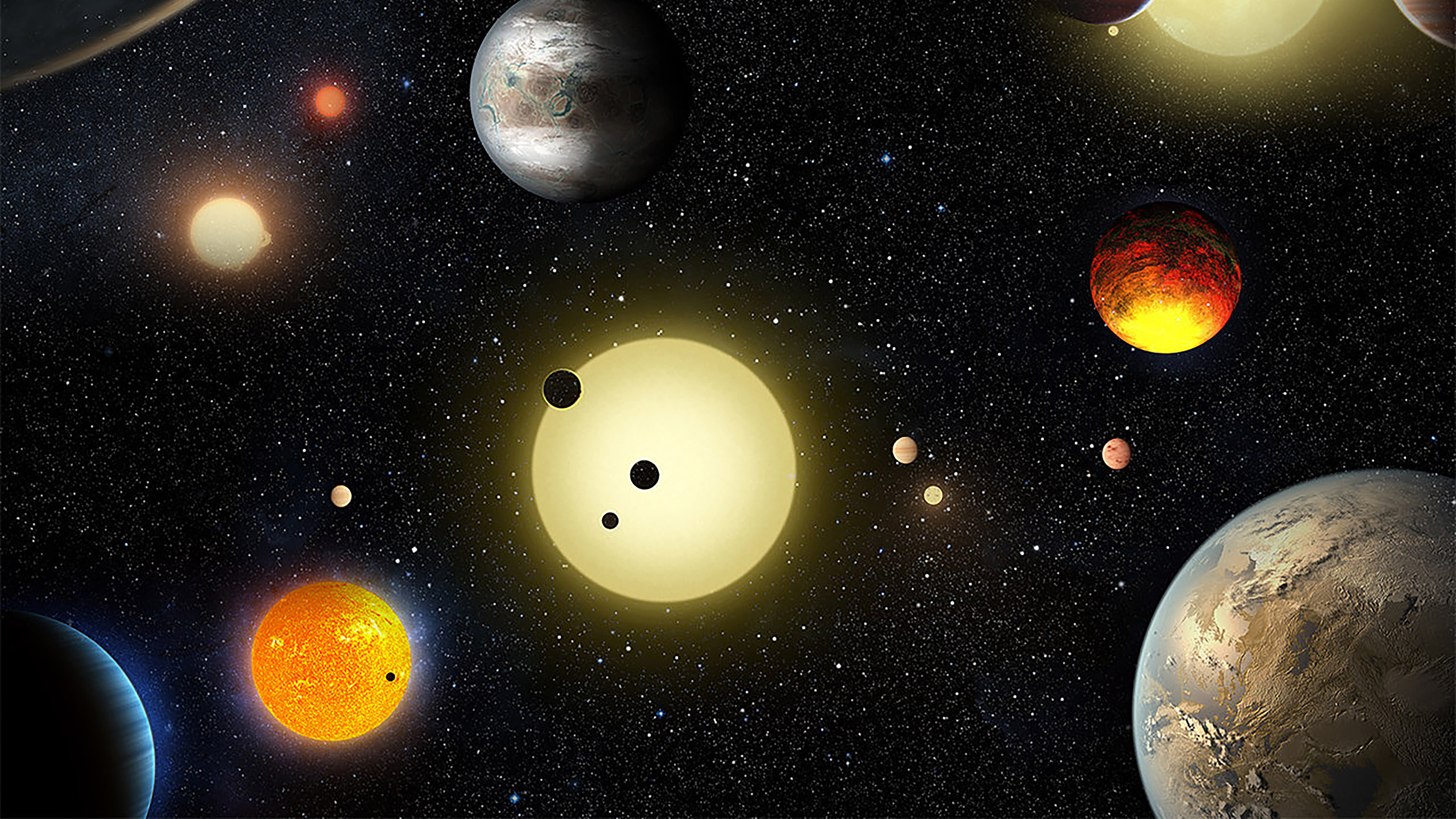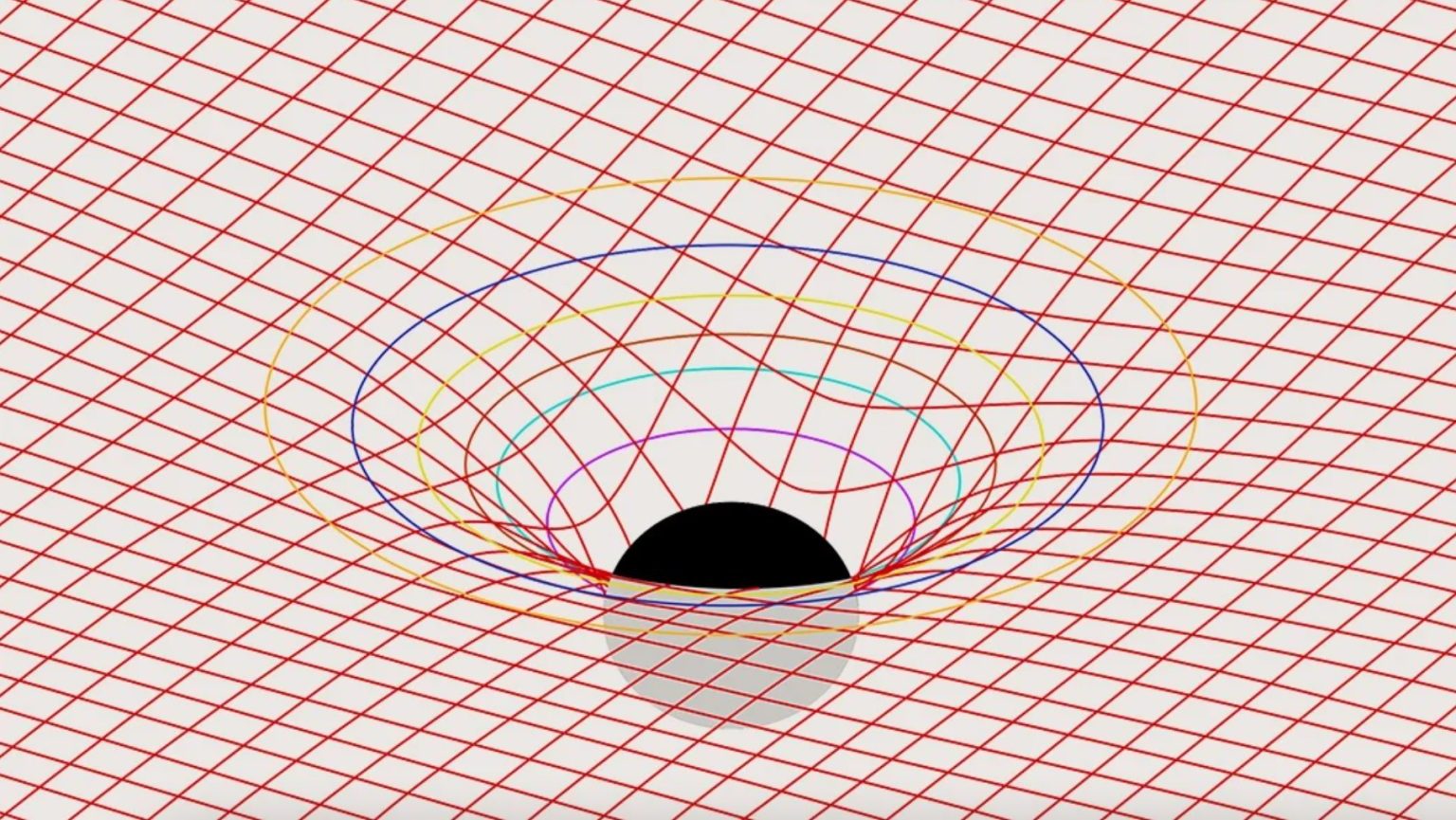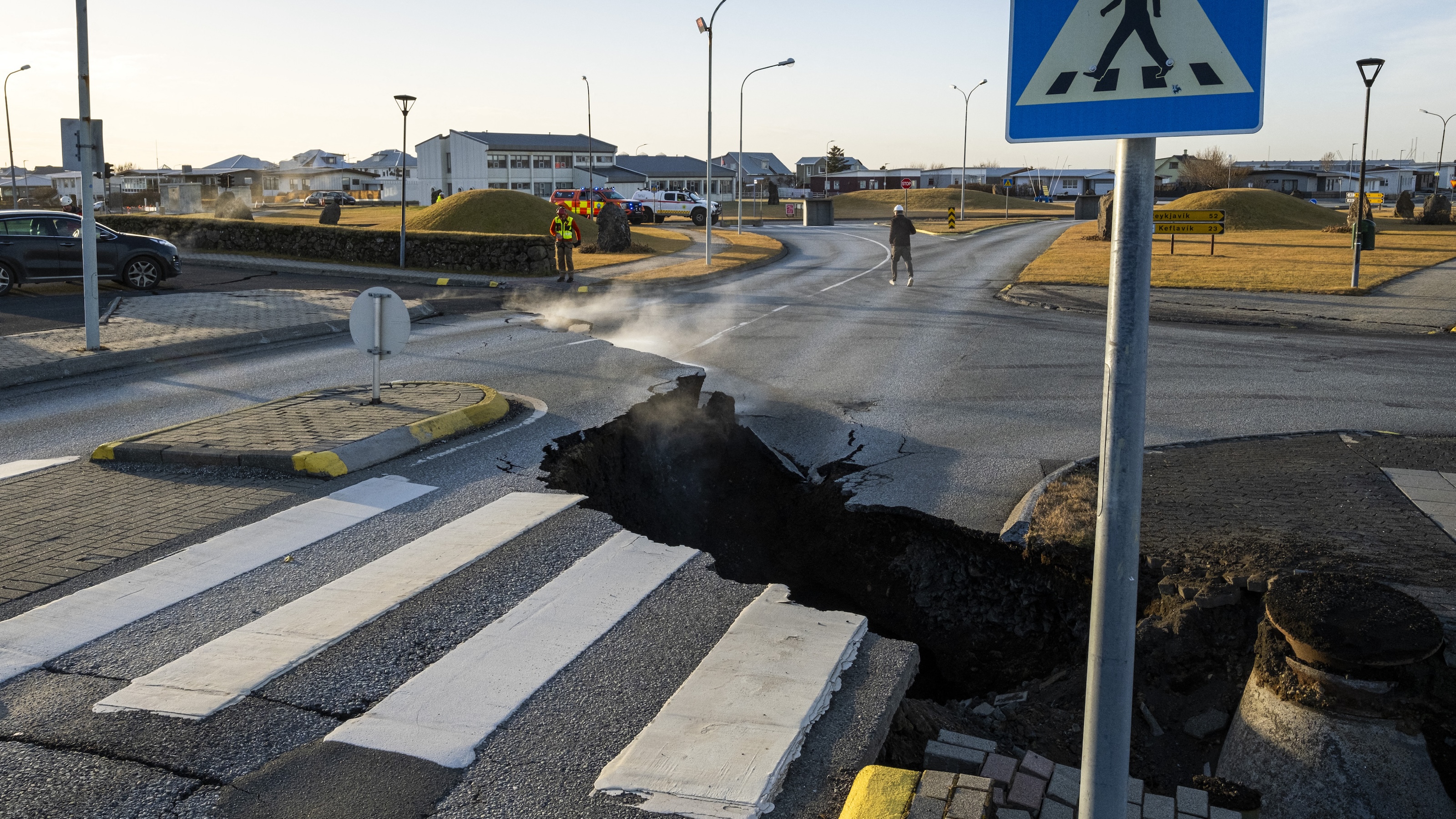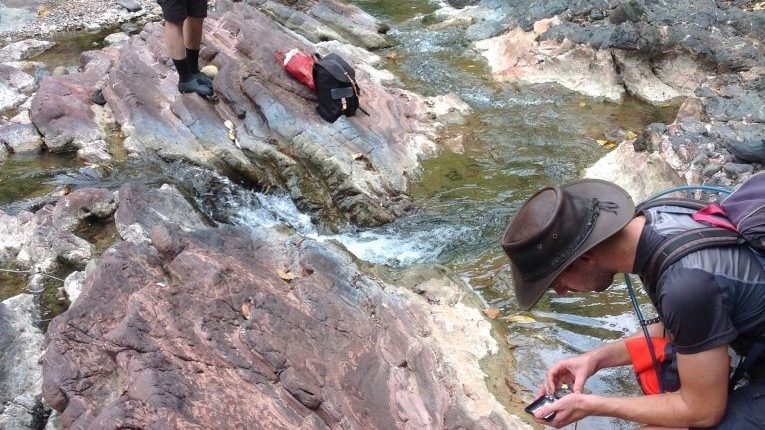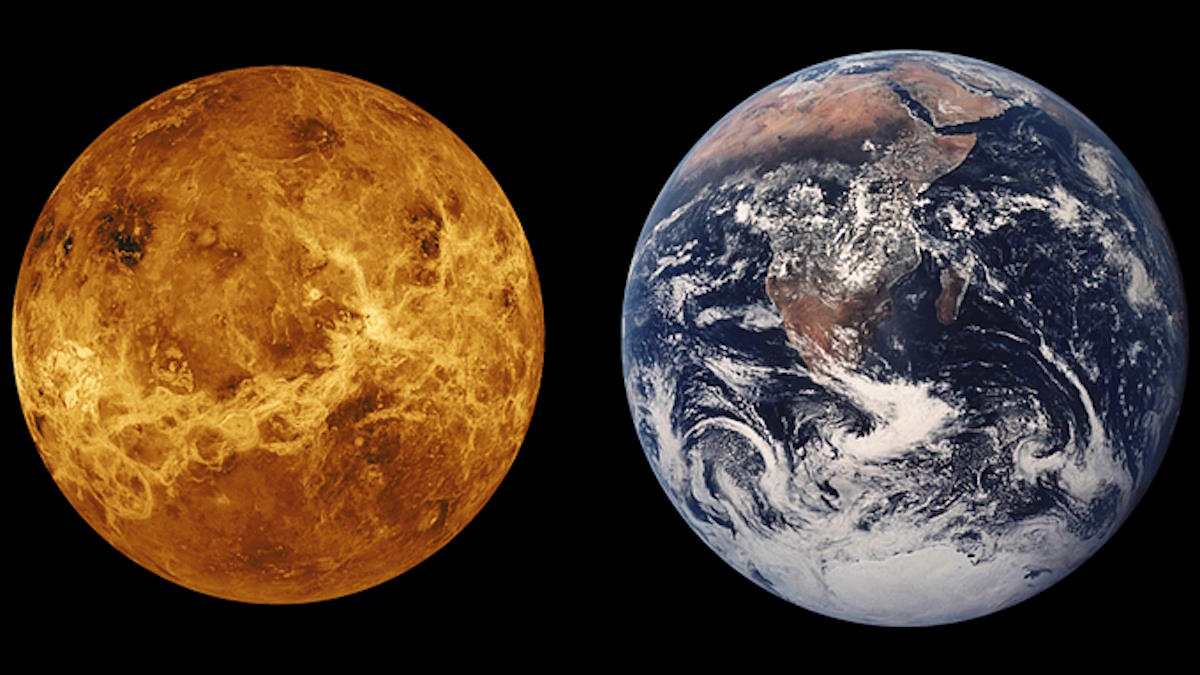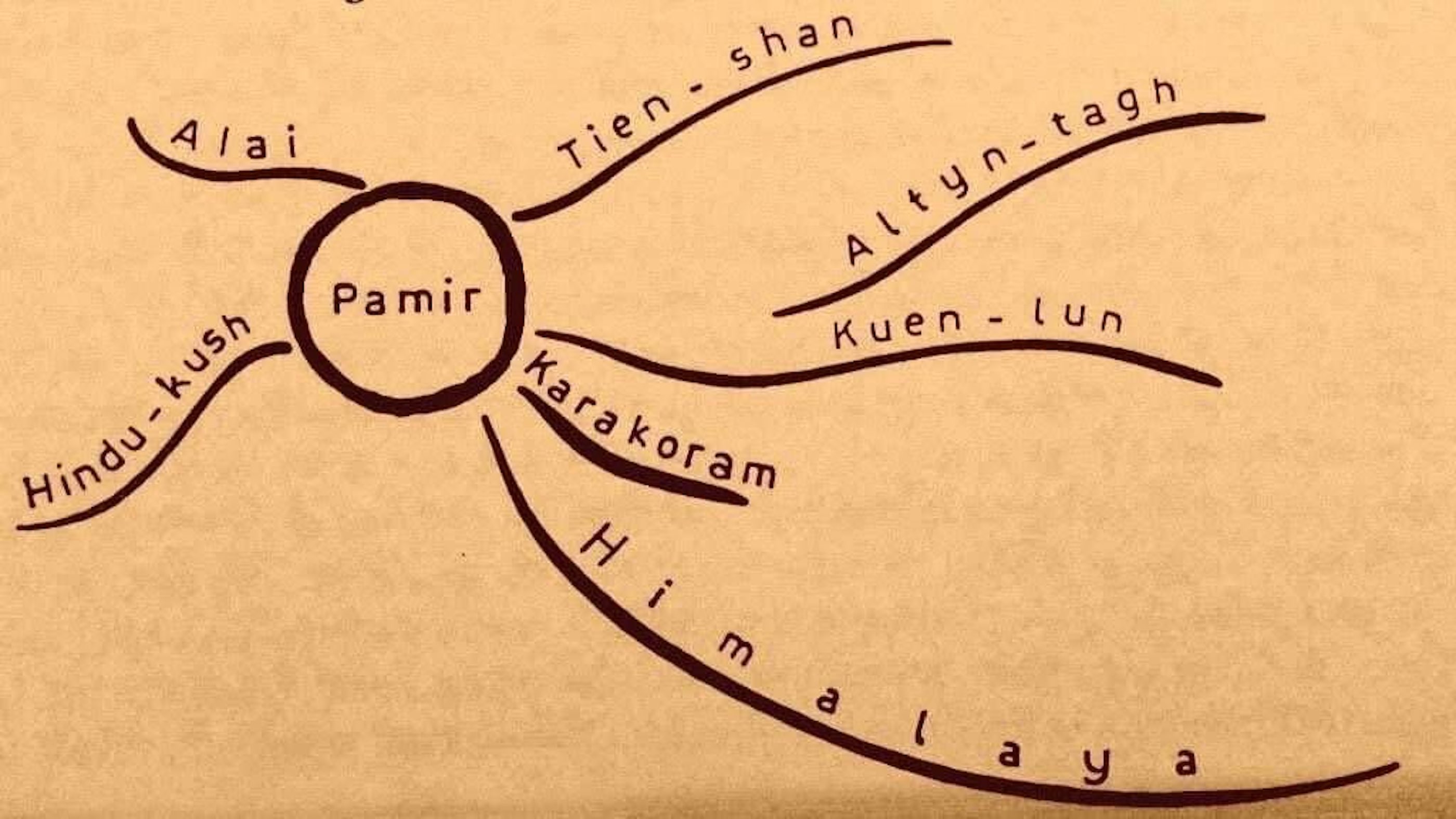earth science
For billions of years on Earth, life was limited to simple unicellular, non-differentiated organisms. In a mere flash, that changed forever.
Known as the Great Oxygenation Event, Earth froze over as oxygen accumulated in our atmosphere, nearly driving all life extinct.
Plagues, war, and genocide were literally frozen in time.
Volcanologists warn that magma-filled vents evolve over time, leading to an underestimation of the number that might erupt — especially those capable of the biggest explosions
No matter how you define the end, including the demise of humanity, all life, or even the planet itself, our ultimate destruction awaits.
In a recent paper, biologists outlined a three-part hypothesis for how all life as we know it began.
13.8 columnist Marcelo Gleiser reflects on his recent voyage to Earth’s last wild continent.
Meanwhile meteorite hunters rushed to Berlin to find this most rare space rock.
Until the Apollo missions, we had no idea how the moon got here, just a series of educated guesses. They rewrote the story of the moon’s origins.
Whenever someone waxes poetic about terraforming alien worlds, it’s worth taking a moment to consider the ethical implications of the proposal.
Scientists are working to map out the risks of the permafrost thaw, which could expose millions of people to the invisible cancer-causing gas.
The world’s highest mountain is also the world’s highest cemetery, with some bodies serving as creepy landmarks for today’s climbers.
Valles Marineris is the Solar System’s grandest canyon, many times longer, wider, and deeper than the Grand Canyon. What scarred Mars so?
The answer is set to change in the year 2113, a recent estimate suggests.
Our cosmic home, planet Earth, has been through a lot over the past 4.5 billion years. Here are some of its most spectacular changes
The midwest is particularly filled with them.
Sometimes called “the new gold,” sand is the second most exploited natural resource in the world after fresh water.
When battles raged in ancient cities, their rocks blazed so brightly that they could be reoriented according to Earth’s magnetic field.
Along with obsidian that dazzled scientists in Canada.
Astronomers have discovered more than 5,000 confirmed exoplanets — very few of which resemble Earth.
Contrary to conventional wisdom, matter can escape the center of the Earth.
While ice itself is slick, slippery, and difficult to navigate across under most circumstances, skaters easily glide across the ice.
Looking back on our planet’s early history offers a new (and less crazy) meaning for the idea of a “flat Earth.”
Roger Babson wanted a “partial insulator, reflector, or absorber of gravity” — something, anything, that would stop or dampen it.
This new geologic activity could be part of a thousand-year cycle, ushering in a new era of volcanism on the island.
Finding alien technology on the seafloor would be truly incredible. This extraordinary claim, however, is debunked by the actual evidence.
Out of the four rocky planets in our Solar System, only Earth presently has plate tectonics. But billions of years ago, Venus had them, too.
A combination of factors make the weather at New Hampshire’s Mount Washington arguably the most brutal in the world.
This minimalist map unties Asia’s mountainous geography, centered on the “Pamir Knot.”
